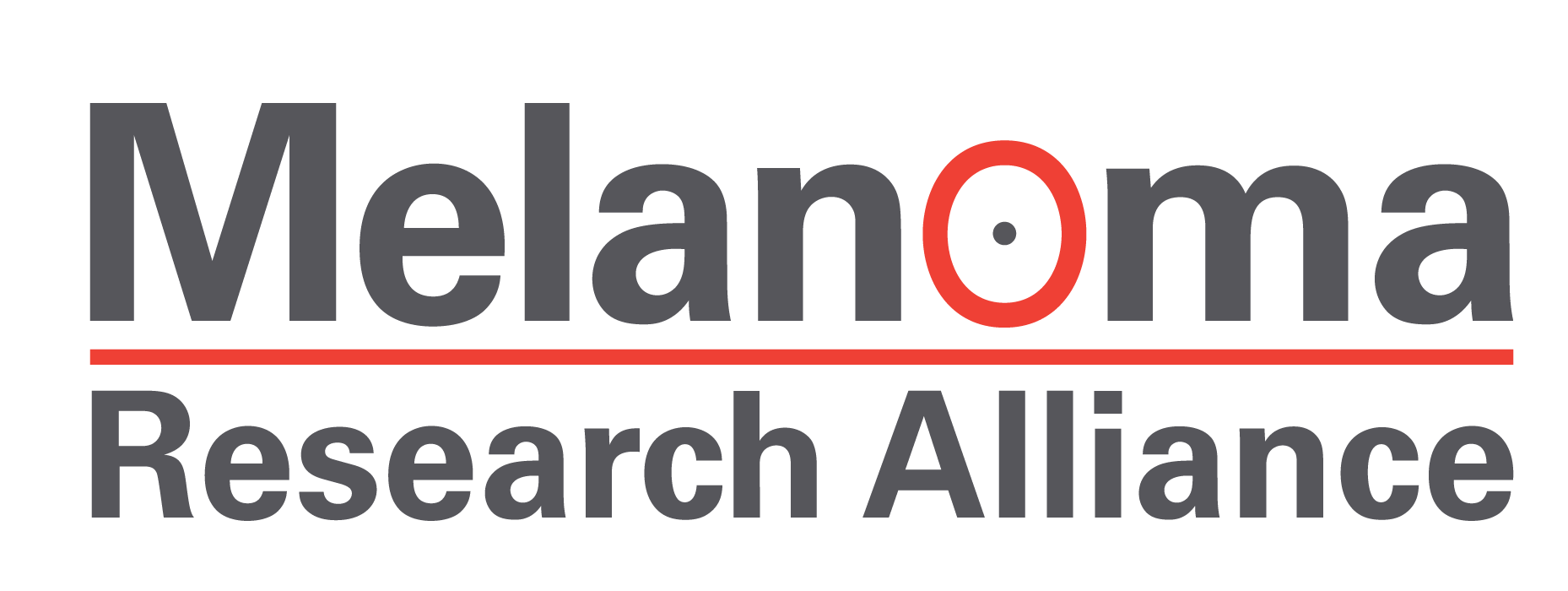
Hepzato Kit’s Approval Is a ‘Big Deal’ for Metastatic Uveal Melanoma

Key Takeaways
- The FDA approved the Hepzato kit for metastatic uveal melanoma with unresectable liver metastases, offering a new direct-to-liver therapy option.
- The therapy uses catheters and a bypass pump to deliver high doses of melphalan directly to the liver, reducing systemic side effects.
An expert discusses what patients can expect when being treated with the Hepzato kit, a direct-to-liver therapy for metastatic uveal melanoma.
In August, the
“This new therapy is really a big deal,” Dr. Richard Carvajal, deputy physician and chief overseeing medical oncology and hematology at the Northwell Health cancer Institute, in an interview with CURE®. “The disease we’re dealing with is a rare type of melanoma — there are only a few thousand cases a year diagnosed in the United States, and before this approval, there was only one other treatment that was approved.”
The therapy allows for a high dosage of the anti-cancer agent, melphalan, to be delivered to the liver and largely avoid other parts of the body.
“This is a process that uses catheters — in the neck or in the groin area — to isolate or separate the liver from the rest of the body’s circulation. You put the liver on a bypass pump where you can infuse very high doses of this chemotherapy into the liver,” Carvajal said. “If we infused those doses into the entire body’s circulation, you’d get a whole lot of side effects; it just wouldn’t be tolerable. But here, you can take out the liver and infuse the chemotherapy and then put the blood through a filter to remove some of the chemotherapy before that blood returns to the body.”
While uveal melanoma is actually a rare cancer that originates in the eye, the liver-directed Hepzato kit was developed because the liver is the most common site of metastases (cancer spread) for this disease.
“Because most patients have liver-only or liver-predominant disease, it makes sense to treat the liver directly,” Carvajal explained, noting that the Hepzato kit treats only cancer cells found in the liver; it does not treat the primary cancer located in the eye. According to Carvajal, liver metastases may occur or be discovered after the cancer in the eye has already been treated.
Treatment with the Hepzato kit, which is usually done by an interventional radiologist, can be given every six to eight weeks, and patients can be treated with up to six treatments, Carvajal mentioned.
The therapy, according to Carvajal, is “resource intensive,” which may pose barriers to patients who do not live near a medical center with doctors and personnel who are trained and equipped to administer the Hepzato kit and monitor for the side effects afterwards, such as liver inflammation or drops in white blood cell counts (which are important for fighting infections) or platelets (which are key in blood clotting).
“You need a good team who can really look out for those (side effects),” Carvajal said. “Because of that complexity, I suspect that (Hepzato kit treatment) is only going to be offered in a handful of centers in the country. So, it’s likely that patients will have to travel if this is a therapy that they want to get.”
With that, Carvajal said that he hopes to one day see more therapies for the treatment of metastatic uveal melanoma that are easier to administer and therefore easier to access.
READ MORE:
“I do wonder if there are other reasonable therapies that may be a little bit easier to give and that still get the same efficacy,” he said, mentioning that research is ongoing in this field. “There are other pivotal trials going on now in the metastatic setting that I’m very hopeful will lead to new treatments for our patients … the progress is slower than we want it to be, but I think it will continue to get faster.”
For more news on cancer updates, research and education, don’t forget to




